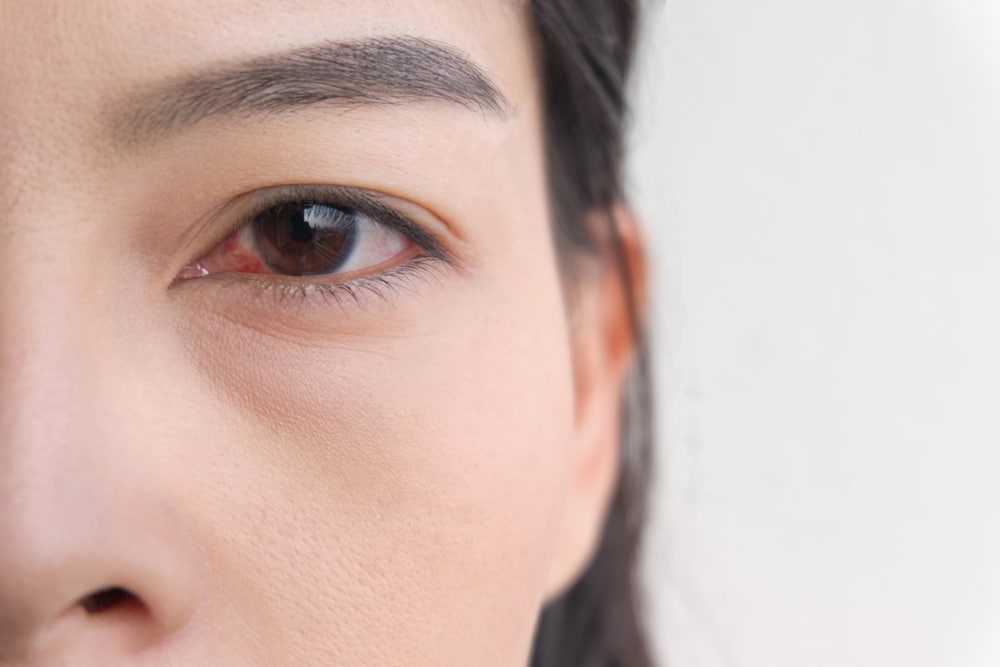Pink eye or conjunctivitis is not a fun condition to deal with or take lightly. There are several types of conjunctivitis that you should know about to determine whether your condition is contagious and how you can appropriately treat your eye infection.
Allergic Conjunctivitis
Allergens like pet dander and pollen that float through the air are known to cause allergic conjunctivitis. Your eye or eyes will have some redness and discharge and may feel scratchy because of the release of histamine in response to the allergen’s presence. This type of conjunctivitis is usually not contagious and can be treated with allergy eyedrops.
Bacterial Conjunctivitis
Bacterial pink eye is typically caused by bacteria entering the eye because of hand-eye contact. Contaminated facial lotions, shared makeup, and wearing dirty contact lenses (or not washing your hands before putting them in) can all cause bacterial conjunctivitis. Therefore, frequent washing of the hands is important to avoid contracting bacterial conjunctivitis.
Bacterial conjunctivitis is contagious. If you notice your eye or eyes oozing discharge and/or turning red, you may have contracted this form of pink eye. You may also notice that your eyes feel “glued shut” in the morning and that you must take a warm compress to them to get them to unglue. This type of pink eye typically requires a topical ointment or form of prescribed eye drops to resolve.
Viral Conjunctivitis
Viral conjunctivitis is sometimes caused by a viral cold and exposure to coughing or sneezing. It can also develop as a virus that spreads through your body’s upper respiratory system and into the eyes when you blow your nose. It is a contagious form of pink eye, and it can be spread through hand-to-eye contact. Again, this is why frequent washing of the hands is very important.
If you have viral conjunctivitis, you’ll likely notice that you have red eyes with runny discharge. Your eyes may glue themselves shut with the discharge, so they might be stuck closed when you wake up. One or more eyes can be affected by the viral form. Antibiotic ointment or drops cannot provide a cure for viral pink eye. It can take up to three weeks for the eyes to heal from a virus.
Chemical Conjunctivitis
Chemical conjunctivitis can be caused by chlorine in a pool, air pollution, and other noxious chemicals. Chemicals will cause the eyes to sting and they may appear red. Flushing the eyes with saline will often alleviate symptoms but steroid medications or emergent medical care may be needed for severe chemical burns. Chemical exposure can lead to severe scaring or vision loss so it is important to thoroughly flush your eyes and receive immediate treatment.
Schedule a Consultation
If you find yourself struggling with any of these forms of pink eye, please schedule a consultation at Advanced Eye Surgeons in Boca Raton or Tamarac, FL to meet with one of our trained physicians. We will help you determine the type of conjunctivitis you have and recommend treatments to quickly resolve your symptoms.
